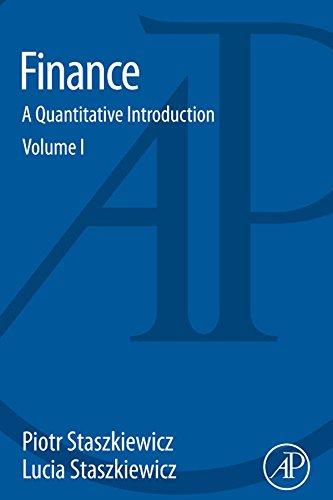

The cost of extraction depends on the amount remaining in the reservoir. The cost of extracting Yt units of oil in period 't' is C(Y, S.)= S, where St is the amount in the reservoir at the beginning of period 't'. The government of NWT will face an election no later than the end of 2020. The opposition party, which is gaining support, has promised to impose a tax on Wyoff's oil revenues. Consider a radically different set of beliefs acted upon by Wyoff's managers. In this case, the executives believe, as of January 2018, that the opposition party WILL be elected at the end of 2020 and that it WILL implement a tax on Wyoff's revenue of 0.25 per unit of oil extracted and sold. The tax is to be imposed as of January, 2021. This change in tax is perfectly foreseen by Wyoff's managers as of January, 2018. The entire five-year extraction program (years 2018, 2019, 2020, 2021, and 2022) is planned on the assumption that the net-of-severance-tax price will be $1 in each of 2018, 2019 and 2020 (no tax imposed) and the net price received by Wyoff will be $0.75 in each of 2021 and 2022. How much oil will Wyoff choose to abandon after the imposition of the tax? (How much oil will be abandoned in this world of a perfectly-foreseen price decrease for years 2021 and 2022?) 1) Will abandon at least 12.5% of the reservoir but less than 14% 2) Will abandon less than 12.5% (one-eighth) of the original amount in the reservoir 3) Will abandon at least 16% of the reservoir 4) Will abandon at least 15% of the reservoir but less than 16% 5) Will abandon at least 14% of the reservoir but less than 15% The cost of extraction depends on the amount remaining in the reservoir. The cost of extracting Yt units of oil in period 't' is C(Y, S.)= S, where St is the amount in the reservoir at the beginning of period 't'. The government of NWT will face an election no later than the end of 2020. The opposition party, which is gaining support, has promised to impose a tax on Wyoff's oil revenues. Consider a radically different set of beliefs acted upon by Wyoff's managers. In this case, the executives believe, as of January 2018, that the opposition party WILL be elected at the end of 2020 and that it WILL implement a tax on Wyoff's revenue of 0.25 per unit of oil extracted and sold. The tax is to be imposed as of January, 2021. This change in tax is perfectly foreseen by Wyoff's managers as of January, 2018. The entire five-year extraction program (years 2018, 2019, 2020, 2021, and 2022) is planned on the assumption that the net-of-severance-tax price will be $1 in each of 2018, 2019 and 2020 (no tax imposed) and the net price received by Wyoff will be $0.75 in each of 2021 and 2022. How much oil will Wyoff choose to abandon after the imposition of the tax? (How much oil will be abandoned in this world of a perfectly-foreseen price decrease for years 2021 and 2022?) 1) Will abandon at least 12.5% of the reservoir but less than 14% 2) Will abandon less than 12.5% (one-eighth) of the original amount in the reservoir 3) Will abandon at least 16% of the reservoir 4) Will abandon at least 15% of the reservoir but less than 16% 5) Will abandon at least 14% of the reservoir but less than 15%








